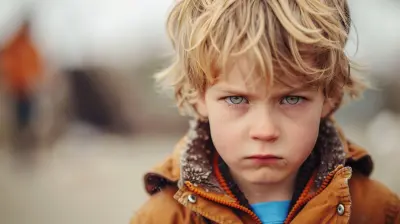Ignoring the Importance of Sibling Rivalry Resolution
8 October 2025
Let’s face it—sibling rivalry is as old as time. Cain and Abel, anyone? The occasional name-calling, toy-snatching, or yelling match between brothers and sisters may seem harmless, even normal. You might roll your eyes and chalk it up to “just siblings being siblings.”
But what if I told you that ignoring the importance of sibling rivalry resolution could have long-term emotional consequences for your kids? Yep, that’s right. Sweeping those squabbles under the rug isn’t doing your family any favors.
Let’s dive in and uncover why resolving sibling rivalry isn’t just “nice to do,” but a parenting must-do.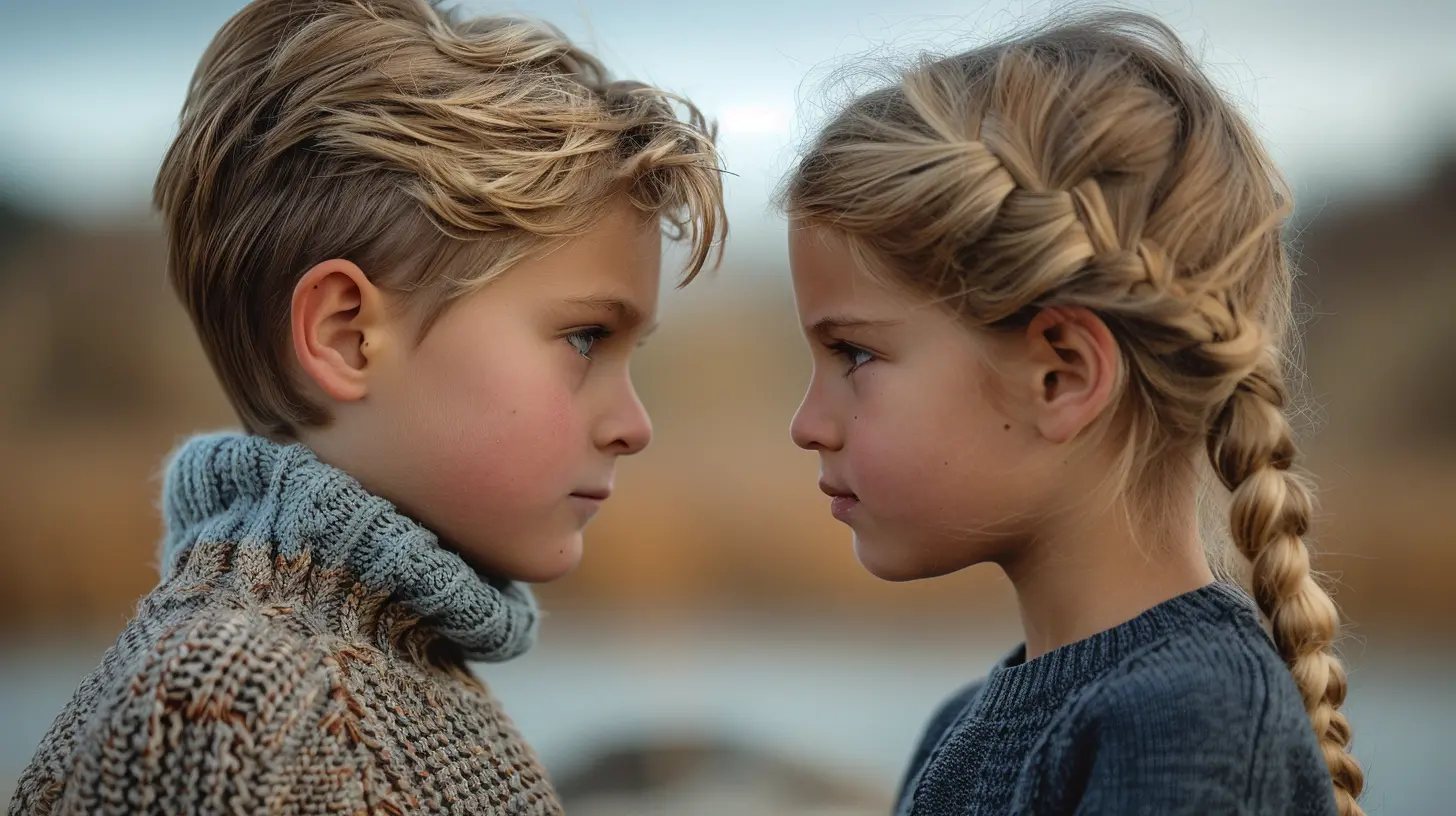
What Exactly Is Sibling Rivalry?
Sibling rivalry is a fancy term for the competition, jealousy, and conflicts that occur between siblings. It can start as early as a baby’s arrival home and last—get this—a lifetime if not addressed properly.It's more than just fights over who gets the last cookie. It includes:
- Constant comparisons
- Struggles for parental attention
- Power plays over shared spaces or belongings
- Nasty name-calling or even physical fights
These conflicts are rooted in a natural desire for love, attention, and fairness. But here's the kicker: If we as parents ignore these moments or fail to teach resolution skills, we're allowing emotional injuries to fester. Ouch.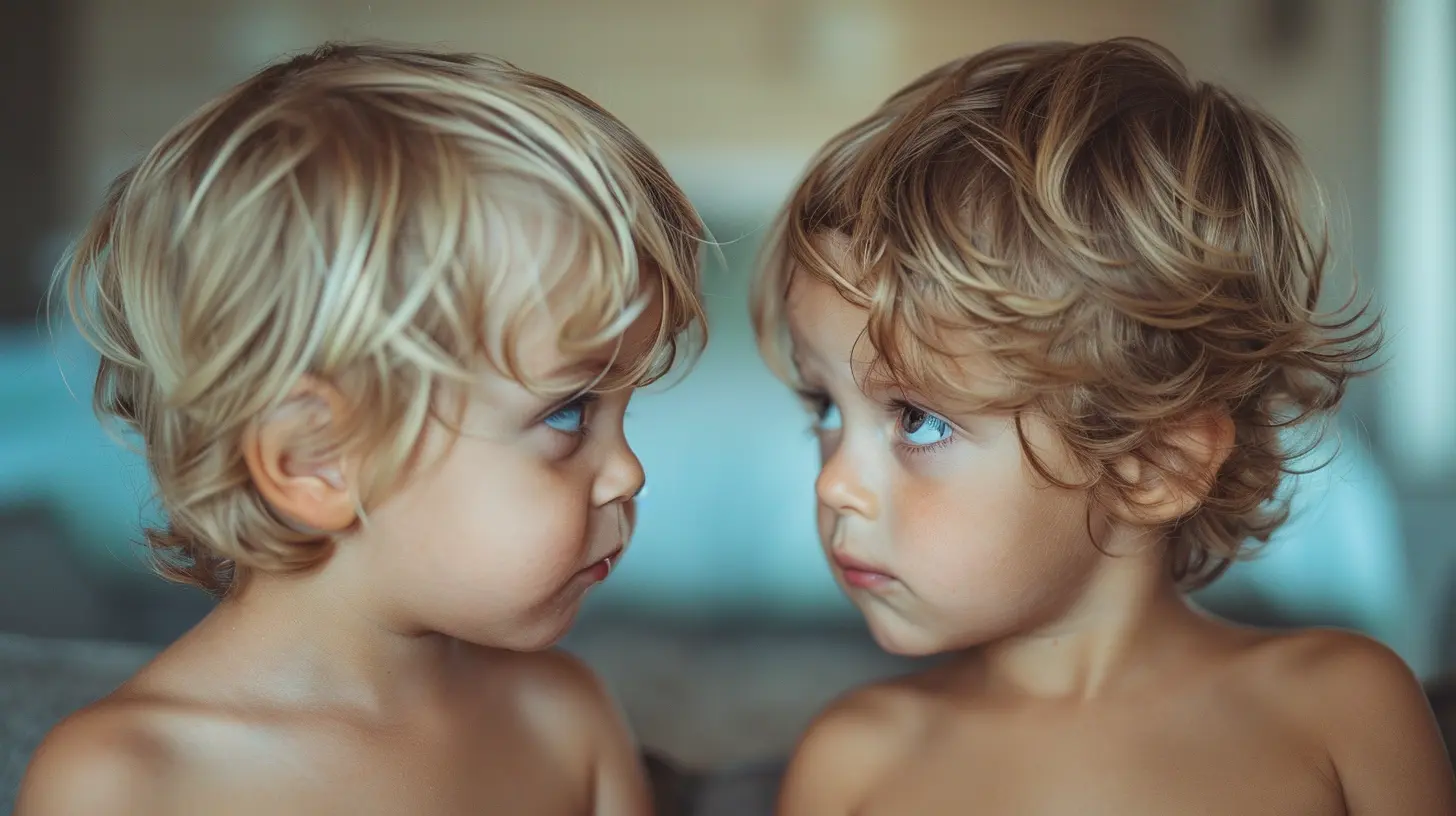
Why Parents Often Shrug It Off
Let’s be honest—parenting is exhausting. When the kids start fighting again, it’s tempting to throw hands up and say, “Figure it out yourselves!” Or maybe you say, “They’ll grow out of it.” I get it.But here’s what usually fuels the avoidance:
- Time constraints: We’re busy. Life doesn’t pause for squabbles.
- Normalizing it: "It’s just what siblings do." Sound familiar?
- Not knowing how to resolve it: Some of us were raised in similar environments. We didn’t have role models for resolving sibling spats healthily.
- Avoiding conflict at all costs: Some parents hate the drama, so they avoid stepping in altogether.
Unfortunately, this hands-off approach can backfire—big time.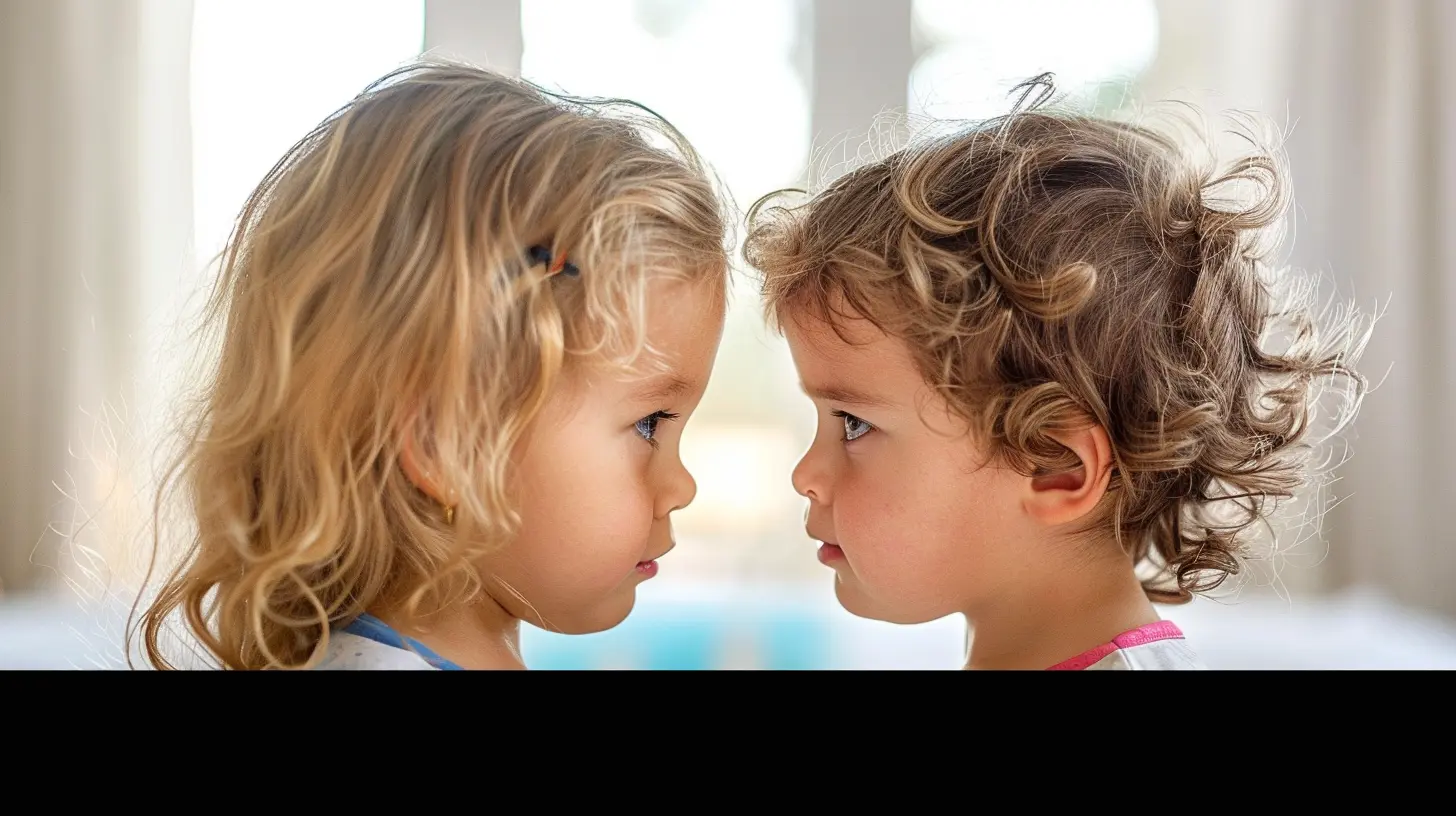
The Hidden Damage of Letting Sibling Rivalry Slide
You might not see it with your eyes, but the damage caused by unchecked sibling rivalry runs deep. It’s like termites in your home—eating away at the foundation while you’re busy looking the other way.Here’s what that looks like in real life:
1. Long-term Emotional Wounds
When siblings argue viciously or compete for affection, and no resolution is encouraged, it sends a dangerous message: “Your feelings don’t matter,” or worse, “Only the loudest wins.”Kids take this to heart, and it can lead to:
- Low self-esteem
- Anxiety
- Depression
- Broken sibling bonds that last into adulthood
2. Bitter Adult Relationships
No one wants their kids to grow up and treat each other like strangers. But many adults report having estranged relationships with siblings, often rooted in unresolved childhood conflict.That invisible baggage? It carries over to holidays, family gatherings, and the relationships they build with their own kids one day. It's a ripple effect that lasts years.
3. Toxic Communication Patterns
If you don't teach kids how to resolve conflict with their siblings, you're missing a golden opportunity to teach life skills. They won’t magically develop conflict resolution, emotional regulation, or compromise abilities on their own.Instead? They grow into adults who either lash out or shut down when things get tough.
4. Favoritism & Resentment
Even if you don’t actually play favorites, ignoring sibling fights can make one child feel less supported. Over time, this can create deep resentment—not just between siblings but toward the parent, too.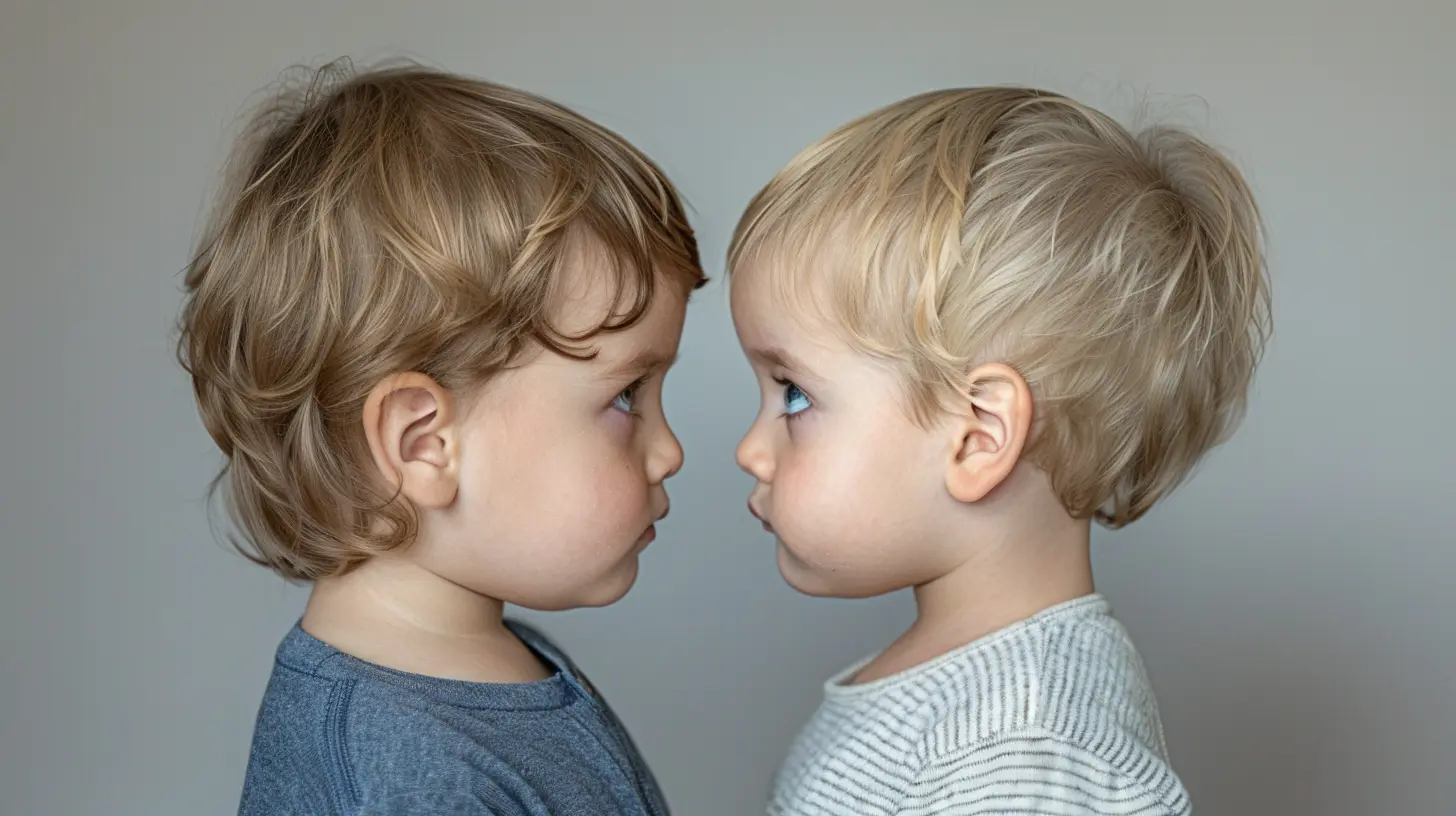
So... Should You Intervene Every Time Kids Fight?
Great question. The truth is, yes and no.You don’t want to instantly jump in as the referee every time someone shouts, “It’s mine!” Doing that can rob kids of the chance to build conflict resolution skills on their own.
But allowing verbal or physical abuse without stepping in? That’s a whole different ballgame.
Here’s the golden rule: Coach, don’t control. Step in not to solve the problem for them, but to guide them toward solving it themselves.
How To Help Kids Resolve Sibling Conflicts (Without Being a Helicopter Parent)
Let’s walk through a few proactive strategies that actually work.1. Teach Emotional Vocabulary
Half the time, kids scream or hit because they don’t know how to say: “I feel left out,” or “That made me sad.” Start teaching them to name their feelings. When emotions get labels, they lose some of their power.Try this:
> “You’re feeling frustrated because your sister didn’t include you. Is that right?”
Once they can name it, they can start owning it.
2. Model Healthy Conflict Resolution
Your kids are watching more than they’re listening. If they see you yelling at your partner or complaining about your boss behind closed doors, guess what? They’ll copy that.Show them how adults handle disagreements:
- Speak clearly, not loudly
- Listen before responding
- Apologize when wrong
Lead by example—because actions always speak louder than lectures.
3. Avoid Taking Sides
It’s so easy to label one child “the problem.” Maybe they’re more sensitive or more aggressive. But try to stay neutral.Instead of:
> “Why did you hit your brother again?”
Try:
> “Sounds like both of you have big feelings about what happened. Let’s figure this out together.”
Being the judge makes things worse. But being the coach? That builds bridges.
4. Create Clear Family Rules Around Conflict
Kids need boundaries. Set family rules for how conflicts should be handled—no yelling, no hitting, no name-calling. Put them on a poster if you have to.Then—this part’s key—enforce them consistently. No empty threats. If Tommy throws a punch, he sits out. Period.
5. Have One-on-One Time with Each Child
A lot of rivalry is about attention. When kids feel “seen” by their parents individually, they’re less likely to compete with siblings for love.Even 15 minutes a day of one-on-one time can make a huge difference. Play their favorite game. Ask about their day. Connect.
Think of this time as emotional fuel—keeping their tanks full so they’re not constantly fighting for more.
6. Celebrate Teamwork
Praise moments when siblings cooperate or show kindness. Say things like:> “I loved how you helped your sister with her shoes. That was really thoughtful.”
Positive reinforcement encourages repeat behavior. It’s like watering the flowers instead of pulling weeds.
When to Seek Professional Help
Sometimes, sibling rivalry goes beyond the usual squabbles. If you see:- Persistent bullying or physical aggression
- One child always being the victim
- Anxiety or depression symptoms
- Severe jealousy or isolation
…it’s time to bring in a therapist or counselor. There’s no shame in that game—honestly, it’s a power move.
Ignoring the Problem Won’t Make It Disappear
Here’s the bottom line, parents: sibling rivalry is not a stage to get through. It’s a valuable opportunity to teach your children lifelong emotional and social skills. Ignore it, and you’re raising ticking time bombs. Address it, and you’re raising humans ready for healthy relationships.Conflict isn’t the enemy—unresolved conflict is.
So the next time the kids are bickering over who touched whose Legos first, take a breath. Then pause, step in, and help them figure it out—together.
Because those little peacemaking moments? They shape the kind of adults your children will become.
Final Thoughts
Don’t underestimate the power of sibling dynamics. Whether it’s learning negotiation skills, empathy, or the art of compromise—family fights are the first classroom for emotional intelligence.Letting sibling rivalry run wild might seem easier in the short run, but it’s a recipe for emotional chaos later. Be the guide, not the judge. Teach your kids how to disagree with love, argue with respect, and reconnect with empathy.
You’ve got this, parents. And hey—your future family holidays will thank you.
all images in this post were generated using AI tools
Category:
Parenting MistakesAuthor:

Austin Wilcox
Discussion
rate this article
1 comments
Stephen Wheeler
Addressing sibling rivalry is essential; unresolved conflicts can harm relationships and hinder emotional growth for everyone involved.
October 20, 2025 at 2:47 AM

Austin Wilcox
Thank you for your insightful comment! I completely agree—resolving sibling rivalry is crucial for fostering healthy relationships and emotional development.
